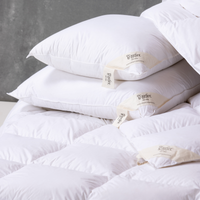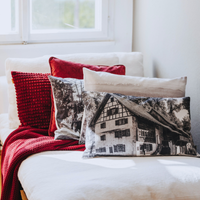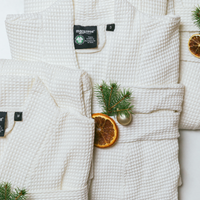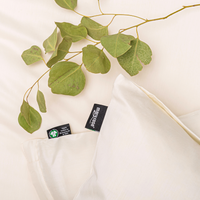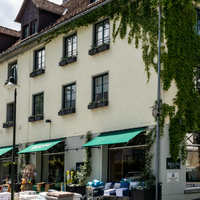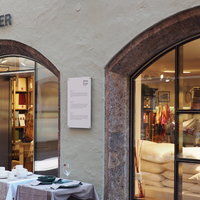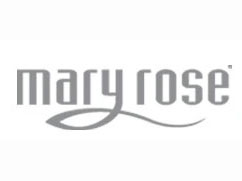"How wonderful that you were born!"
We look back with pride and joy on 33 years of innovation and a transformation process that has included many a milestone.
Mary Rose was founded in 1990 with the desire to do things differently. Different from the leading textile brands that do more harm than good to both the environment and people. At the same time, our textile wholesale company and thus our first eco-project Paptex was founded. The aim was to secure sales for our store in Dornbirn and to develop a sealing process for used transfer printing paper. Unfortunately, we had to abandon the latter for economic reasons, but the name Paptex (paper and textile) remained and gave us the opportunity to focus more on ecological production in the textile sector.

Our CEO Stefan Grabher, with his grandfather, who strongly influenced him at a young age with his wide-ranging knowledge and sustainable ideas.
Mary Rose goes India!
In 1993, we launched our first project with bed linen made from Indian organic cotton, which met with a very positive response from customers. Among other things, we were able to help design the green line of Kika Leiner. 2 years later, exports to the DACH region were established.
In the mid-90s, the first trip to India took place, after which the production of hemp textiles began. The international trade route was opened and we were able to get to know a whole new world.
Our first experiences with alternatives to organic cotton
At the end of the 1990s, we set out to find sustainable alternatives to organic cotton and, together with our textile wholesaler Paptex, launched the "Nettle Project" by testing whether the fibers of the nettle plant could be used to produce home textile fabrics in an economically profitable way. Even back then, it was clear that the textile industry needed innovative and revolutionary ways of thinking in order to minimize the danger posed by its production methods. Cultivation is one of the most important issues here.
Joining forces for a better future - the merger with Studio Tyrler in Innsbruck
In 2002, we had a new addition - our sister company Studio Tyrler in Innsbruck, a traditional company that is now 198 years old, was now on board. We were particularly impressed by their expertise in the area of blankets and cleaning and were able to gain our first experience with circular production.


Our first certifications
In 2004, we traveled to China and Vietnam for the first time and shortly afterwards started producing GOTS-certified cotton in Turkey.
We became aware of how many benefits not only we, but also our customers, derive from such certifications, and in 2011/2012 we contacted the non-profit organization Fair Wear. The topic of social compliance received our undivided attention. We were able to implement many sustainability practices that enable us to monitor and comply with the core issues of FairWear.
Another certification was added in 2016/2017. This time it was about the quality of our textiles. The nettle project had to be shelved, but the production of our biodegradable bedding and terry towelling was a complete success. We were awarded GOLD status by Cradle to Cradle and added another building block to our transformation process.

Our vision
Our vision is a holistic transformation, at the end of which our negative impact on people and the environment is reduced to a minimum, our textiles are all produced in a biodegradable way and we can still achieve economic success. It is a dynamic process in which we find ourselves. Remaining flexible is a basic requirement, without which the road to success cannot be paved. We hope that there will be a rethink within society. Away from the phenomenon of fast fashion and back to the preservation of high-quality goods that can perhaps even be passed on to the next generation. But it doesn't just require changes at an individual level. Above all, changes at a structural level in the textile industry, its cultivation and production processes, sustainability and quality policy, can lead to a significant improvement in the regeneration of our planet in the long term.
 Fast delivery
Fast delivery Co2-neutral shipping
Co2-neutral shipping Sustainable production
Sustainable production